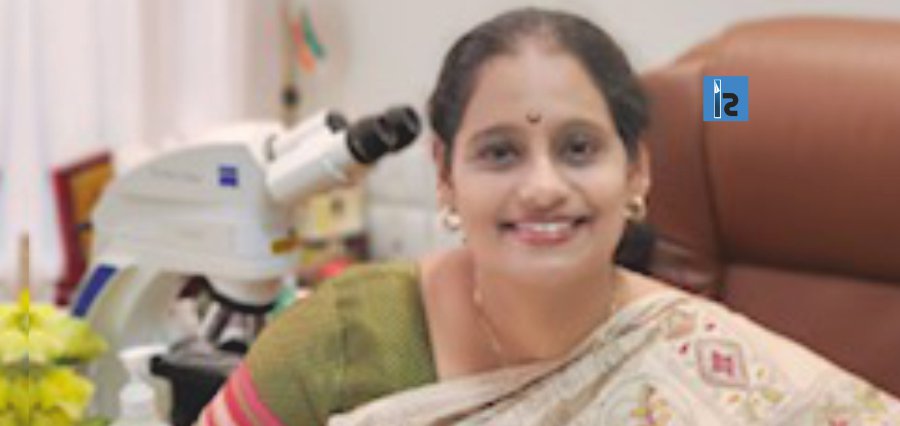ô – by Dr Roopa Viswanathan Iyer, Founder and Managing Director, Qualilife Diagnostics
Diagnostics laboratories have a very crucialô role in the accurate examination of aô condition, its subsequent detection andô selection of line of treatment. For the highest degreeô of quality to be delivered, it is imperative to deployô advanced technology. Automation will be the key toô this. Automated systems provide numerousô advantages like faster diagnostic results and reports,ô error reduction, lesser human intervention,ô transparency in processes and smoother tracking. Ifô these are connected to laboratory or hospitalô information systems, patient alerts or doctor alertsô system can be initiated for faster management. Highendô molecular testing also forms part of the automatedô systems. These have improved diagnosis turnaroundô time, caused greater awareness and hence greaterô clinical outcomes.
During pandemics and mass diseases like COVID19ô pandemic, rapid and accurate diagnosis is veryô essential. Molecular diagnosis has come to the rescueô in such scenarios. RT PCR has become a householdô name and also it has gained the importance of Goldô standard. High-end molecular testing is not only theô future for infectious diseases diagnoses but also otherô diseases.
One of the major challenges during this pandemic hasô been the supply and demand of testing kits. Bridgingô the gap between the supply and demand of testing kitsô was very crucial in the current scenario. These could be tackled easily with indigenous ãmade in Indiaô technologiesã which can make the diagnosis available,ô accessible and affordable.
In India, during this pandemic, many indigenousô research and development technologies have risen toô the occasion and have provided valuable solutions.ô They have been providing quality products withô international standards. They have made diseaseô management easier with successful outcomes.ô Though Diagnostics in urban India are of worldô standards, the same cannot be said about rural India. Rural India has an unorganised diagnostic system.ô There is a lack of sophisticated technologies. The needô of the hour is a point of care technology which isô affordable, easy to operate and requires less expertise.ô This has been addressed again by ãmade in Indiaô technologiesã. These technologies would serve veryô well if exploited reasonably. They will solve a lot ofô health problems in rural India.
The pandemic saw a fast-emerging sector ofô Telemedicine. Telemedicine involves the use ofô telecommunications technology that helps healthcareô professionals to evaluate, diagnose and treat patientsô without an in-patient visit. ãNo contactã patientô management came to rescue in this pandemic andô lockdown. While superior medical expertise andô quality healthcare services are prevalent in theô country, it is not easily available for the ruralô population. There is a massive growth potential for Telemedicine in India. India is digitalisingô rapidly and there is a huge potential to tap this.
As each individual outcome for each disease isô unique, personalised medicine and genomicsô are the way forward. Human Genome Projectô has helped researchers to develop effectiveô therapies and personalised treatment forô diseases like cancer or other genetic disorders.ô Tailored treatment plans and guidance willô prevent, diagnose, and treat critical illness withô more precision.
Information technology has paved its way intoô the healthcare industry. Digital health recordsô and their trends can pre-emptively diagnoseô diseases. Information technology can analyseô health records to identify patterns that canô point us in the direction of early diagnosis andô prevention. This will help us live longer andô lead safer, more productive lives.


